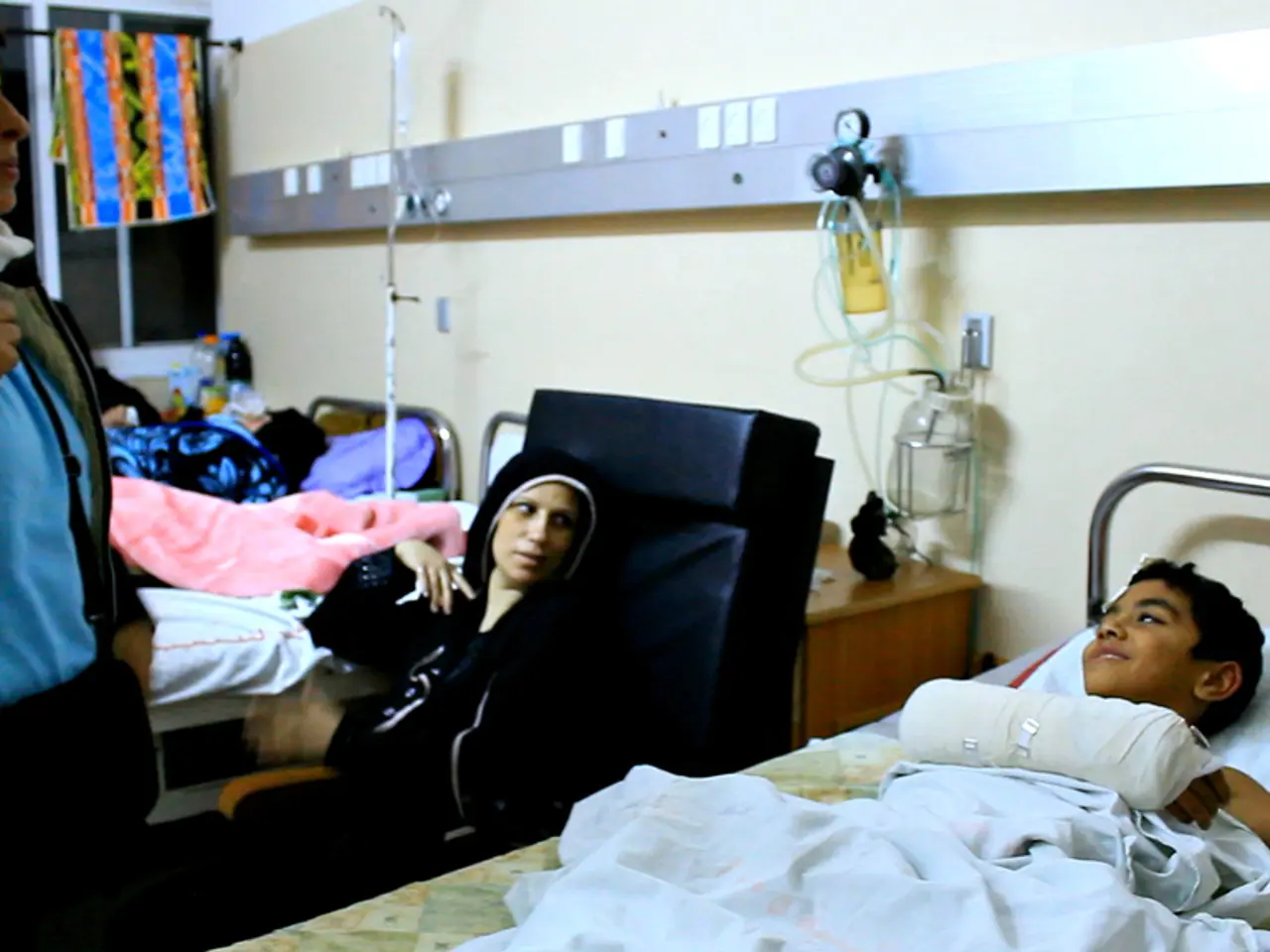Annual Corona Vaccination of Populace Continues Through 2022, According to Stiko Chairman
The Coronavirus Vaccination Journey in Germany Might Take Until 2022
According to the chairman of the Standing Vaccination Commission (Stiko) at the Robert Koch Institute, comprehensive vaccination of the German population against COVID-19 may not be achievable before 2022. Professor Thomas Mertens warned against rushing the vaccination rollout, emphasizing the importance of meticulous planning and preparation.
If vaccinations were to begin, Mertens suggests that even a daily vaccination rate of 100,000 people would take three and a half months to inoculate 15 million individuals. Such a rate would be challenging to maintain, considering logistical complexities like transport, storage, establishing vaccination centers, and nationwide documentation of vaccinations.
Besides logistics, safety and medical success must undergo rigorous evaluation. Mertens also anticipates potential conflicts due to initial limited vaccine supply, leading to disputes over fair allocation and legal action from individuals excluded from the early phases of vaccination.
The ethical framework for prioritizing a possible vaccine is set to be released early next week, resulting from extensive discussions between Stiko experts, the German Ethics Council, and the Leopoldina. These framework conditions will guide procedures for prioritizing vaccines, prioritizing vulnerable groups such as the elderly and those at high health risk.
Clear communication is crucial to achieve high vaccine acceptance within the German population. The information campaign should target every educational level and age group, utilizing apps and social media to reach the younger demographic.
As the world grapples with the global pandemic, Germany, like many countries, faces complex ethical considerations in prioritizing COVID-19 vaccinations. The developed framework is grounded in fairness, maximizing health benefits, and transparency, adhering to international standards in the process. Watch this space for any updates on the official German vaccine prioritization guidelines as they become available.
Icon: Masked Man courtesy of dts Nachrichtenagentur
ShareShareShareEmail
Sports and health-and-wellness advocates, as well as science enthusiasts, may find the Coronavirus vaccination journey in Germany an interesting topic to follow, given its ethical considerations, logistical challenges, and the need for clear communication for high acceptance rates. The planned framework for prioritizing a vaccine prioritizes vulnerable groups such as the elderly and those at high health risk, aligning with international standards on fairness and health benefits.




